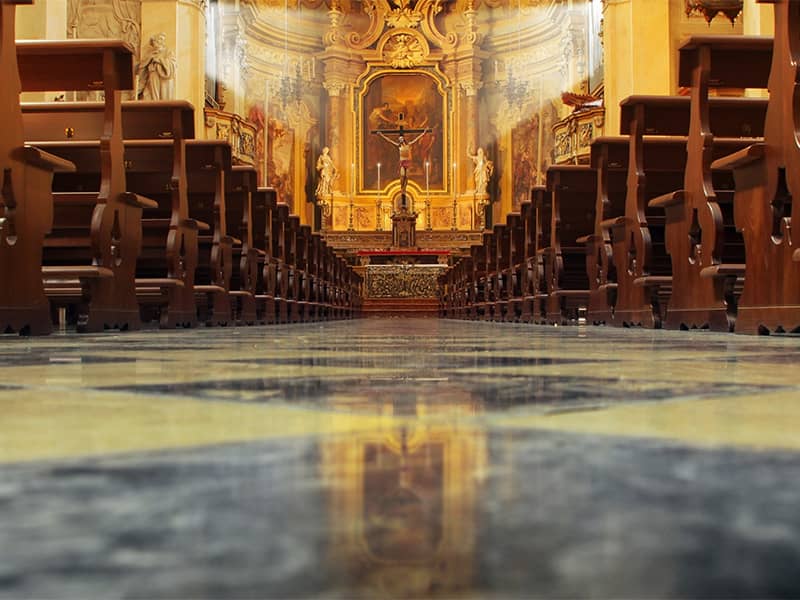But both sides agreed that the latest dialogue made the issues clearer, a necessary step for resolution of their differences.
``We have come to a certain point where we can state some points commonly. We now have to wait a while to breathe,'' said Archbishop Stylianos of Australia, leader of the Orthodox delegation.
The meeting at Mount St. Mary's College and Seminary in western Maryland was the latest in a series of dialogues between the two churches, created by a split in 1054. The meetings began in 1980 to try to forge closer ties between the churches that still have similar practices and beliefs.
Some 46 delegates representing the world's 1 billion Catholics and 228 million Orthodox attended the Emmitsburg talks, the first in the U.S.
The closed-door meetings focused on the status of Eastern European Catholics in former Soviet-bloc states, an issue that has plagued the discussions since 1990.
The fall of the Soviet Union in 1990 allowed Eastern European Catholics to practice openly after decades of repression forced them into the Orthodox Church. Orthodox leaders claimed Rome was encouraging the shift and struggles ensued over ownership of churches that had been Catholic before the Soviet takeover of the Eastern bloc after World War II.
But behind the Eastern European conflict is a key theological issue that remains a steadfast barrier to full reconciliation--the role of the papacy in the church hierarchy.
Roman Catholics believe the pope, as the bishop of Rome, holds the highest position within the church. The Orthodox leader, Ecumenical Patriarch Bartholomew I of Constantinople, is the ``leader among equals'' of the 15 independent Orthodox churches.
Acceptance of the supremacy of the pope by Eastern European Catholics conflicts with their Orthodox practice of decision-making by groups of bishops, or synods, Stylianos said.
Pope John Paul II has been willing to discuss the issue, said Cardinal William H. Keeler, the archbishop of Baltimore and organizer of the Emmitsburg talks. The pope issued an encyclical in 1995 in which he invited feedback from other Christian churches on his role.
The pope has made other conciliatory gestures to the Orthodox church. Last year, he traveled to Romania, the first visit by a pontiff to an Orthodox country since the Great Schism of 1054.

